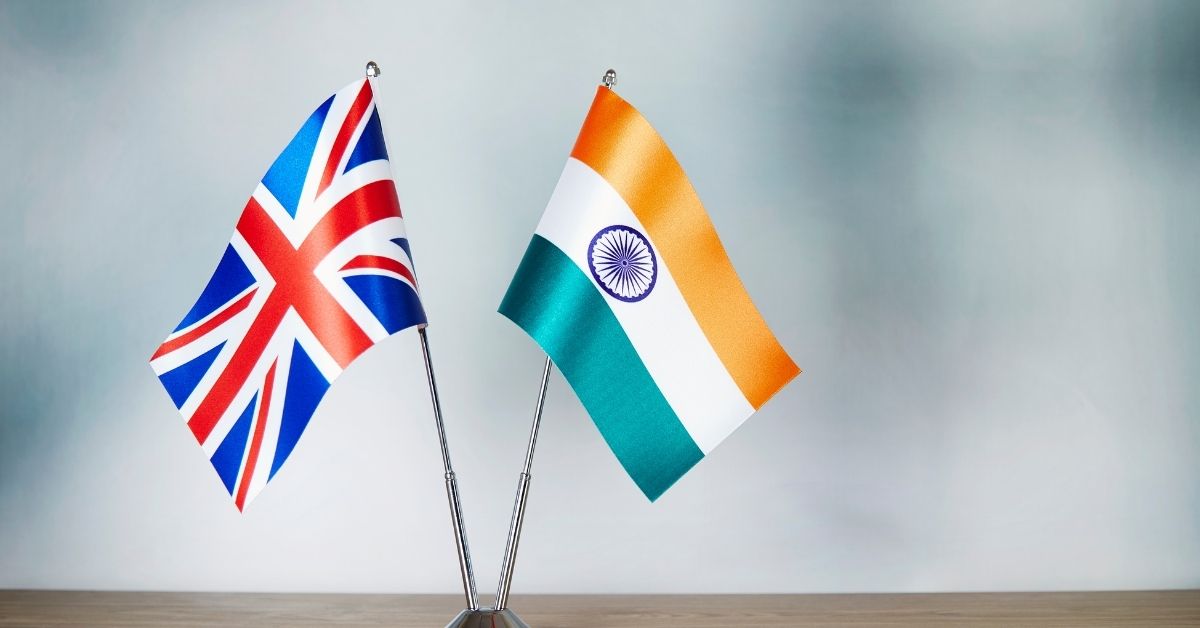What It Means for Indian Professionals in the UK | ScottishIndian.com
In a landmark move, the UK and India have finalised a free trade agreement (FTA) poised to reshape bilateral economic relations. A standout feature of this deal is the National Insurance (NI) exemption for Indian workers seconded to the UK for up to three years—a provision that has sparked both interest and debate.
What Is the NI Exemption?
Under the new agreement, Indian employees temporarily transferred to the UK by their companies will be exempt from paying UK National Insurance contributions for the first three years of their assignment. Instead, they will continue contributing to India’s social security system. This arrangement is reciprocal; British workers seconded to India will receive the same benefit.
This exemption aims to prevent double taxation on social security contributions for employees who are not permanent residents and may not benefit from the host country’s welfare systems. Similar agreements exist between the UK and over 50 countries, including the US, Canada, and Japan.
Who Benefits?
The primary beneficiaries are Indian professionals in sectors like IT, engineering, and finance who are temporarily assigned to the UK. For these individuals, the exemption reduces the financial burden during their stay. Indian companies also benefit by lowering the cost of sending employees abroad.
For the Scottish Indian community, this could mean increased opportunities for collaboration and employment, as companies may be more inclined to send talent to the UK, including Scotland, knowing the cost implications are reduced.
Political Reactions
While the business community has largely welcomed the deal, some UK politicians have expressed concerns. Critics argue that the exemption creates a “two-tier tax system,” potentially disadvantaging British workers. However, Prime Minister Keir Starmer defended the agreement, stating that such provisions are standard in international trade deals and are designed to prevent unfair double taxation.
🌐 Broader Implications
Beyond the NI exemption, the UK-India FTA is expected to boost bilateral trade by £25.5 billion and increase the UK economy by £4.8 billion annually by 2040. Tariffs on various goods, including British whisky and cars, will be significantly reduced, benefiting industries in both countries.
🧠 Final Thoughts from ScottishIndian.com
The NI exemption under the UK-India trade deal is a significant development for Indian professionals considering temporary assignments in the UK. It reduces financial barriers and aligns with global practices to avoid double taxation. For the Scottish Indian community, this could translate to more opportunities and stronger UK-India business ties.
At ScottishIndian.com, we aim to keep you informed about developments that impact our community. Stay tuned for more updates on how this trade deal unfolds and what it means for you.
Note: For more detailed information on the India-UK FTA highlights: Whiskey, luxury cars set to get cheaper | Business News and its implications, refer to official government releases and trusted news sources.






